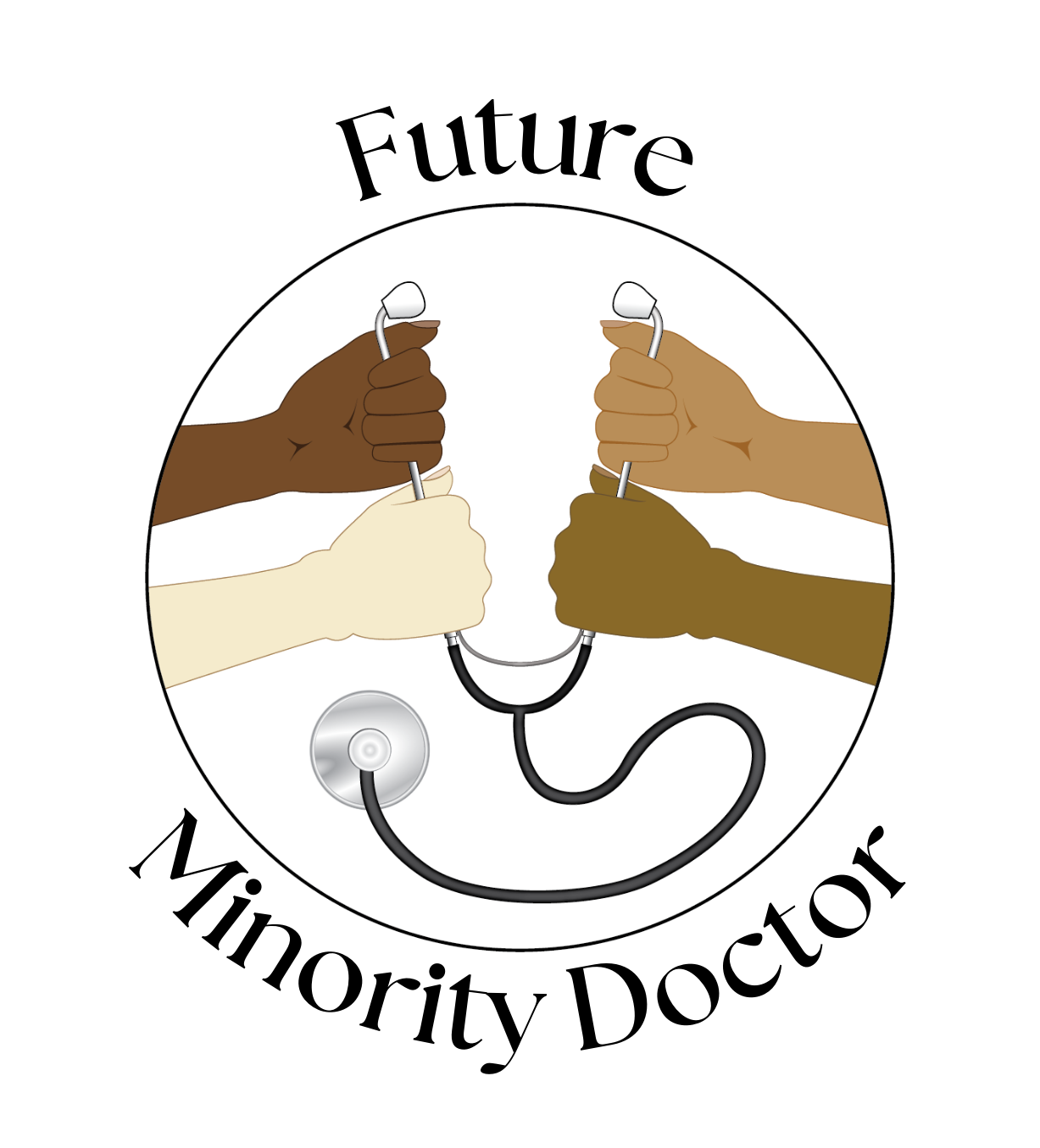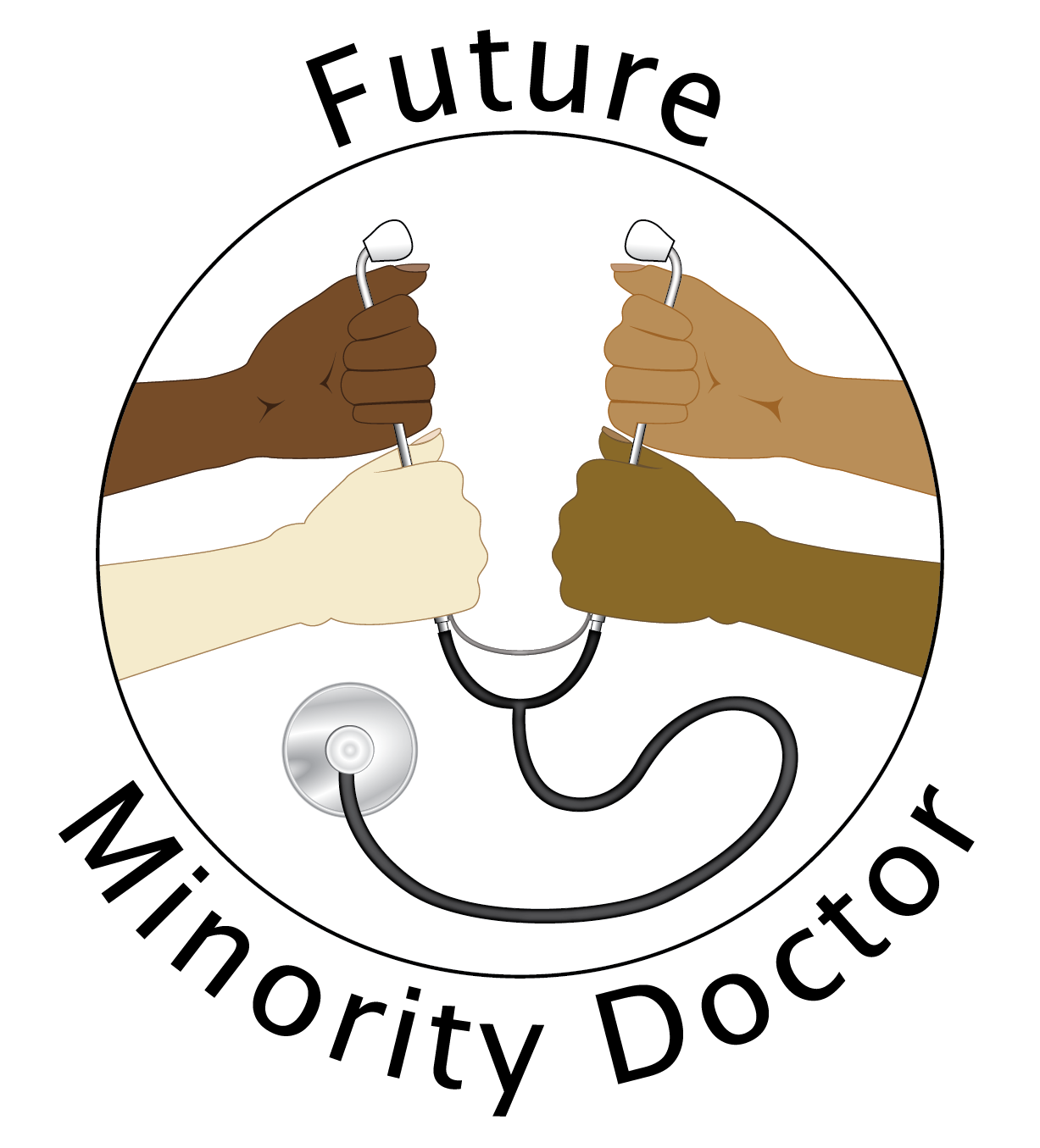“Andre’s” Personal Statement
(Note: a pseudonym and stock photo have been used for personal privacy)
After immigrating from Mexico to the US at the age of 13, I joined a community of migrant people and worked alongside them in orchards and warehouses. Many experienced the emotional pain of having left their land and families in addition to the physical pain from work. As immigrants, my people suffer from discrimination and lack of access to essential services like healthcare. These communities need more representation in healthcare, and I aim to fill in this need. I am seeking admission to medical school to become a bilingual and bicultural physician who understands my community’s pain, needs, and language. I want to bring my experiences to healthcare and become a physician who will provide appropriate care to those who are most neglected by the healthcare system—immigrants and minorities.
The summer of my senior year in high school I worked with my mom at a potato warehouse. The job required me to be on my feet, focusing my eyes at a moving band full of potatoes, and moving my hands as fast as I could. My shoulders and feet hurt within the first three hours, and I wondered how the other workers could stand it all day—six to seven days a week. Eventually my body got used to the work and I became friends with the other workers. I told them about starting at Central University (CU) on a full ride scholarship in the fall and one of them said: “I never made it past the third grade in school, and that is why I have to work these hard jobs. But you make sure to do well in school so you can work in something better. You have to do well because you will represent us all.” I felt honored to be trusted with this responsibility and I am committed to represent all their hard work.
I started school at CU full of enthusiasm. My interest in medicine was sparked by my enjoyment of biology and community service in places like the Open Door Health Clinic (ODHC). The ODHC is a free, volunteer-run, clinic that serves all—regardless of health insurance. I volunteered as a Spanish-English interpreter. On my third week, I provided interpretation service for an elderly woman who had recently lost her husband after 49 years of marriage. She was being seen for symptoms of depression, loss of appetite, and significant weight loss. My interpretation helped the physician understand the woman’s story and involve her in the treatment plan. This included information about the importance of medications and supportive care resources such as counseling and exercise. On her way out the patient held my hands and thanked me for being there to help her express her feelings. She admitted that after her husband’s death she had given up on living but talking with the physician gave her hope. Helping with the physician to patient interaction and seeing the difference it made for the Spanish-speaking patients strengthened my determination to become a physician.
When the time came to apply to medical school, I was disheartened to learn that I would be ineligible for admission to most US medical schools because I was an undocumented student. Most schools require legal residency or citizenship, and some accept DACA. However, very few schools consider admitting undocumented students like me and securing funding added to the difficulty. This realization left me feeling unwanted and rejected. While I applied to five medical schools, my sense of determination and enthusiasm were diminished. I did not gain acceptance to any of these schools and graduated from CU without a clear career plan and with few opportunities available to me.
After graduation my citizenship status continued to hinder my dreams. I lived with my parents and found work in agriculture—processing cherry and apple truckloads during summer and pruning grape vines during winter. I felt like a failure, and worried that I did not do justice to the amazing people who had rooted for my success. Like many immigrant parents, mine wanted me to receive an education and have better employment opportunities. My heart was heavy with my disappointment and theirs.
While pruning grapes I met two amazing women and shared my story with them. They understood my disappointment but told me not to give up—to have hope. Their hope of providing a better future for their children kept them going, and their resilience motivated me. I realized that I had to act in kind and should not give up on my goal. These women mirrored the tenacity I observed in my own mother as she worked to provide for her children. With that same tenacity, I decided to keep working to become a physician.
I have since worked as a server and now as a scientific laboratory sample manager. I became a permanent resident of the United States, which increased my career opportunities. Through it all, my community provided me the insight and renewed courage to achieve my goals. I want to give back to them and make their lives less difficult. I am committed to become a physician who will serve immigrant and minority communities—to see those who are unseen and listen to the voices that are so often ignored.
Character Count: 5050 (limit is 5300)

